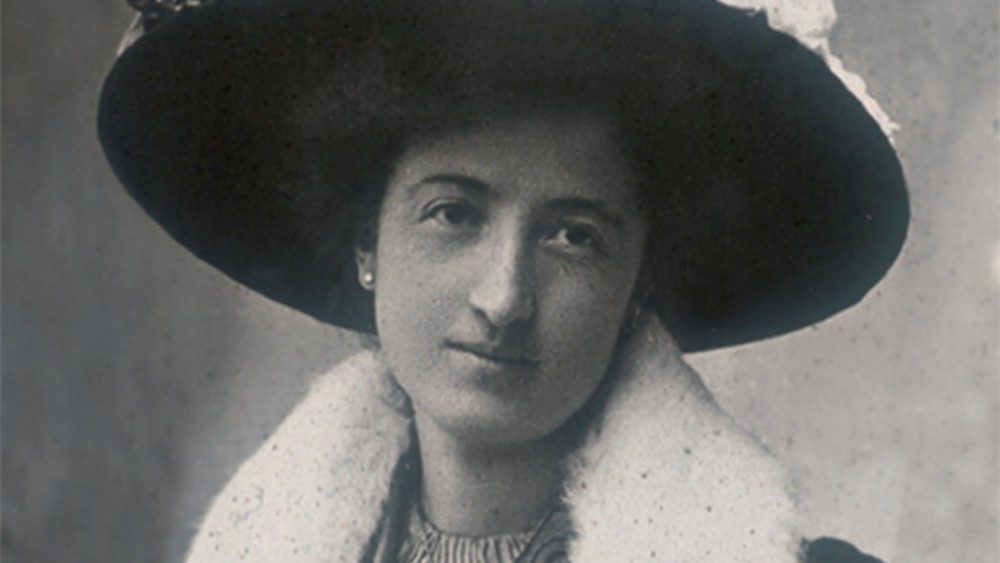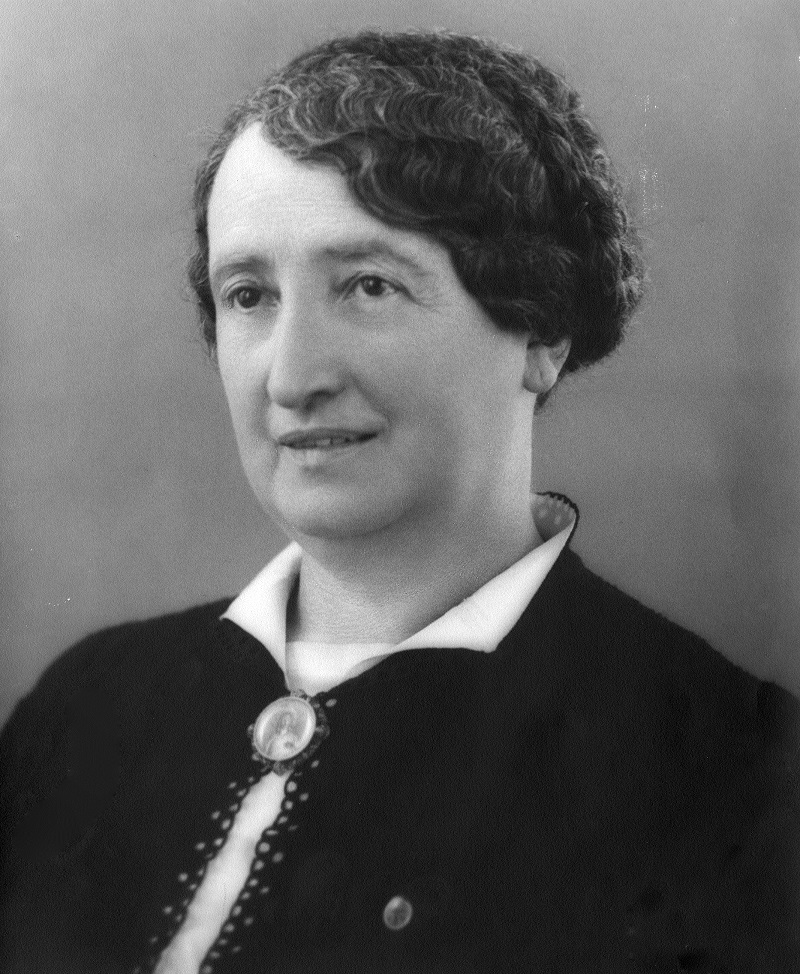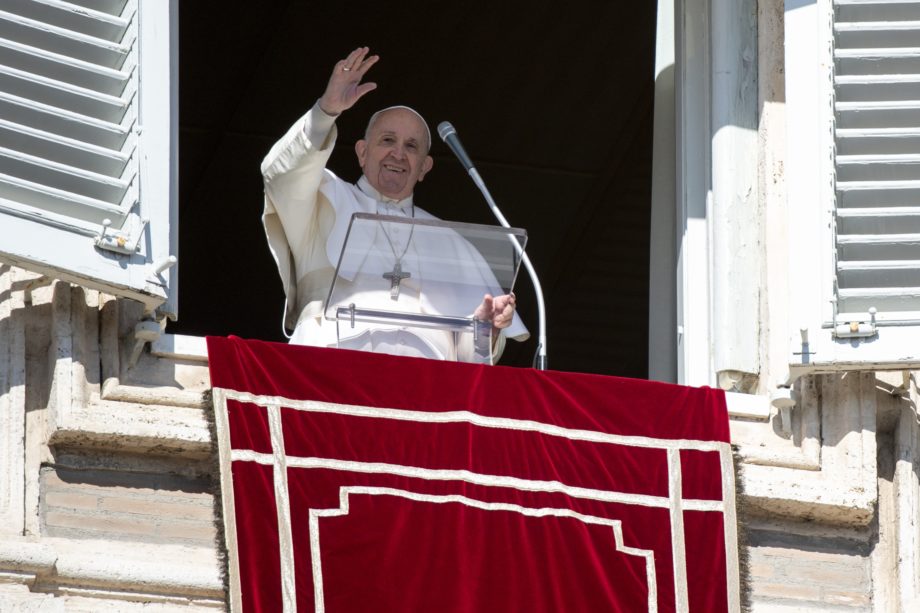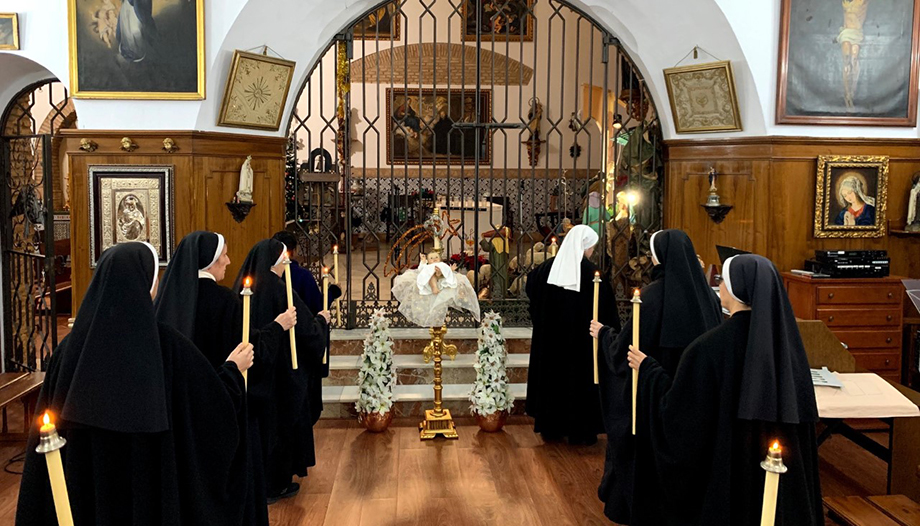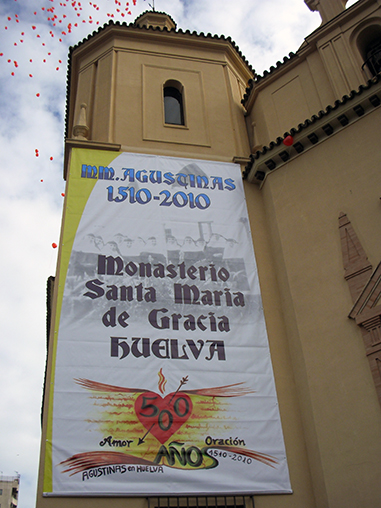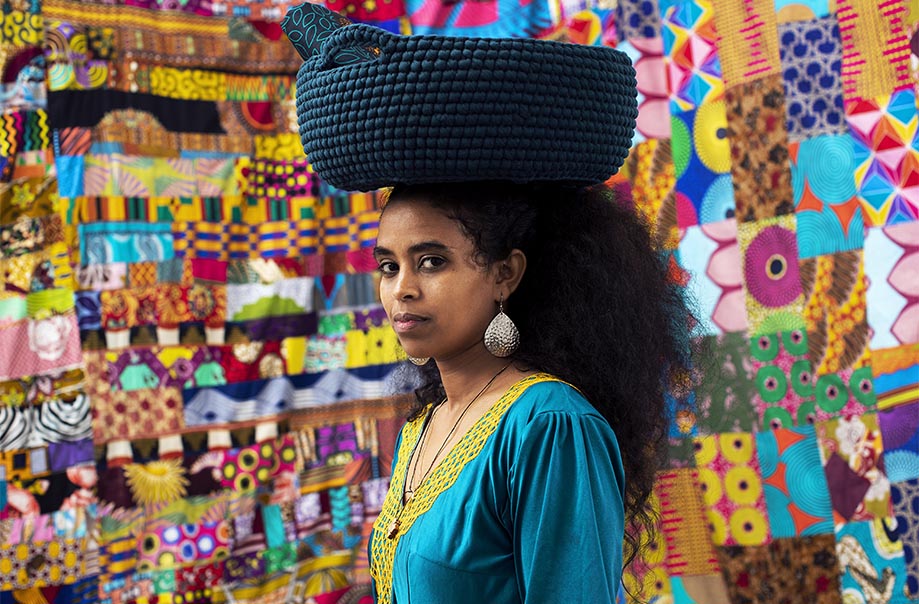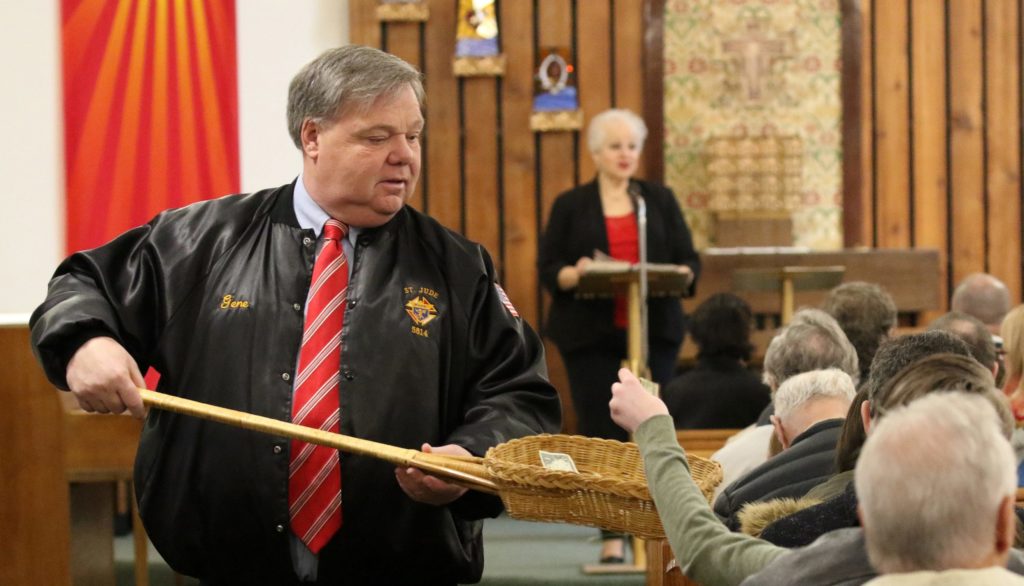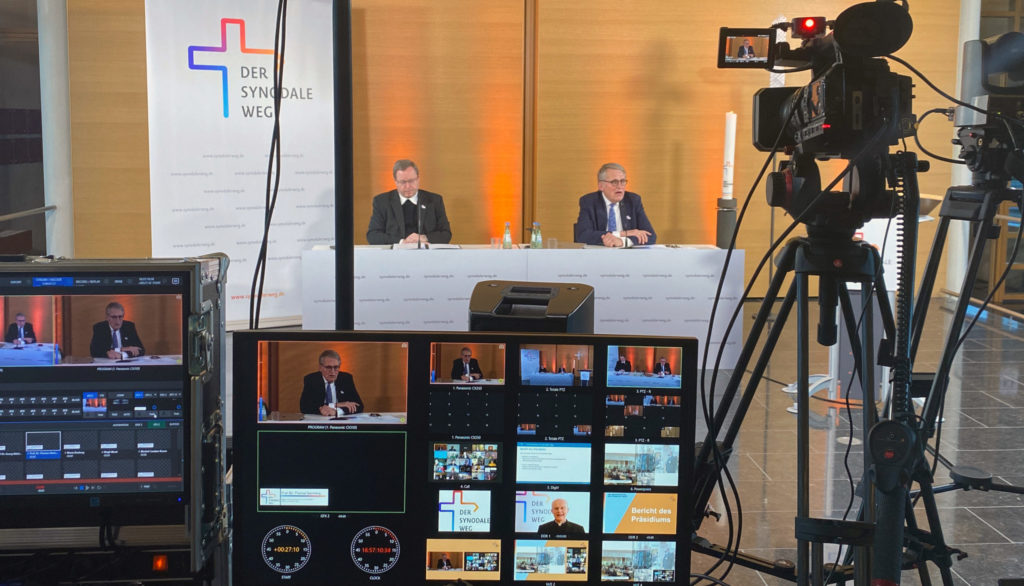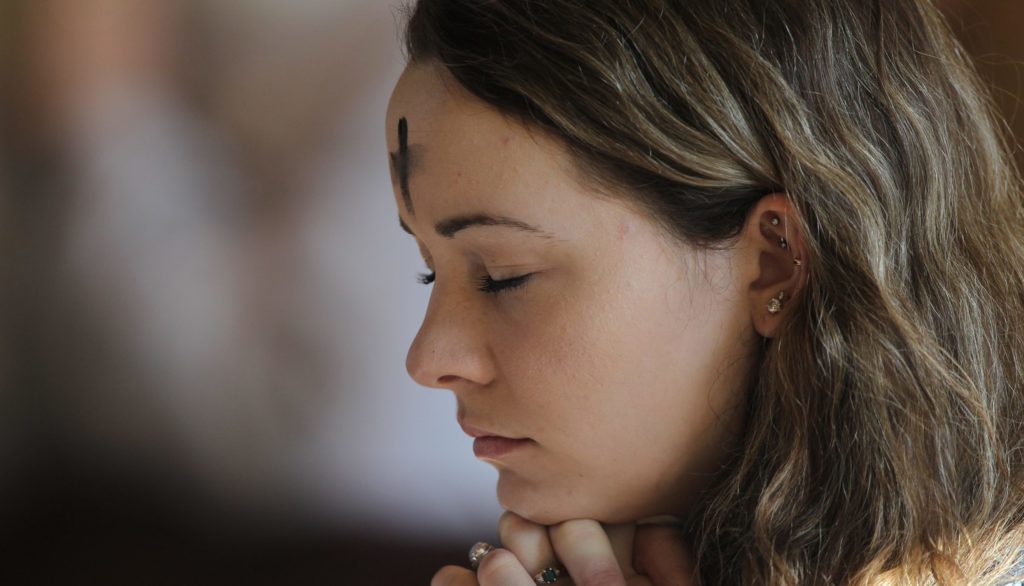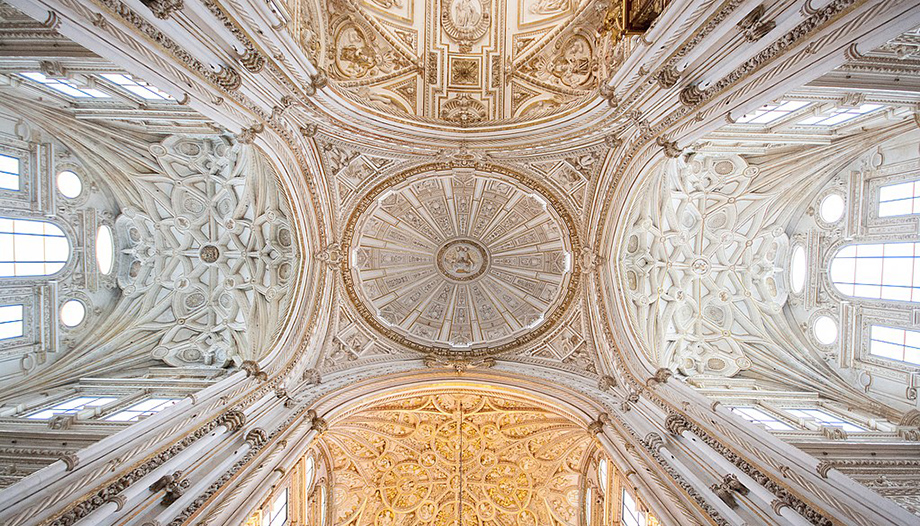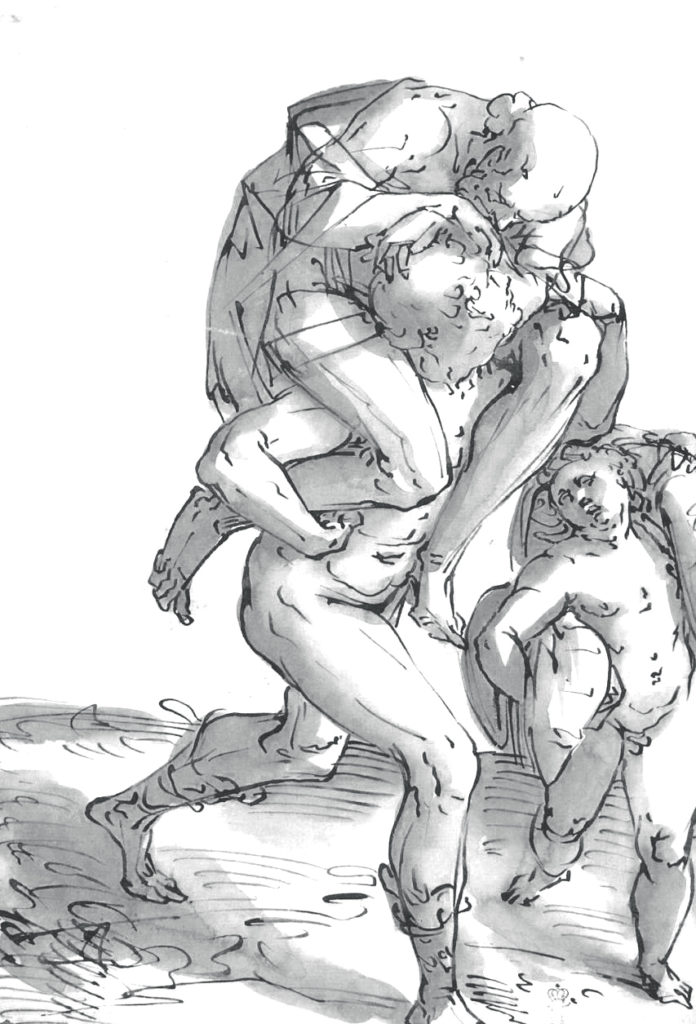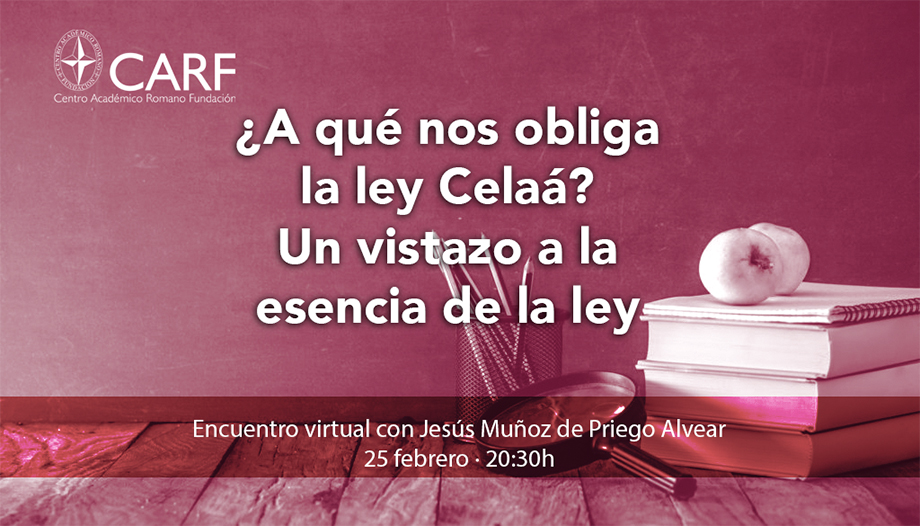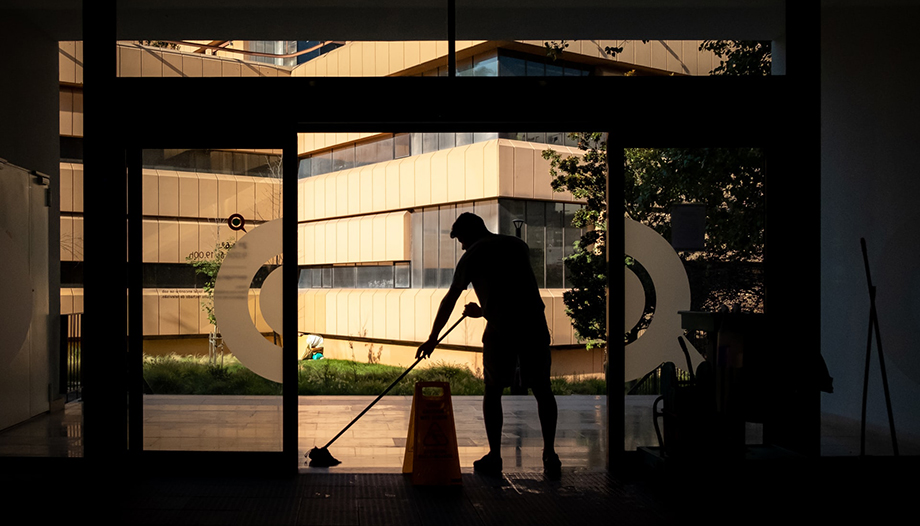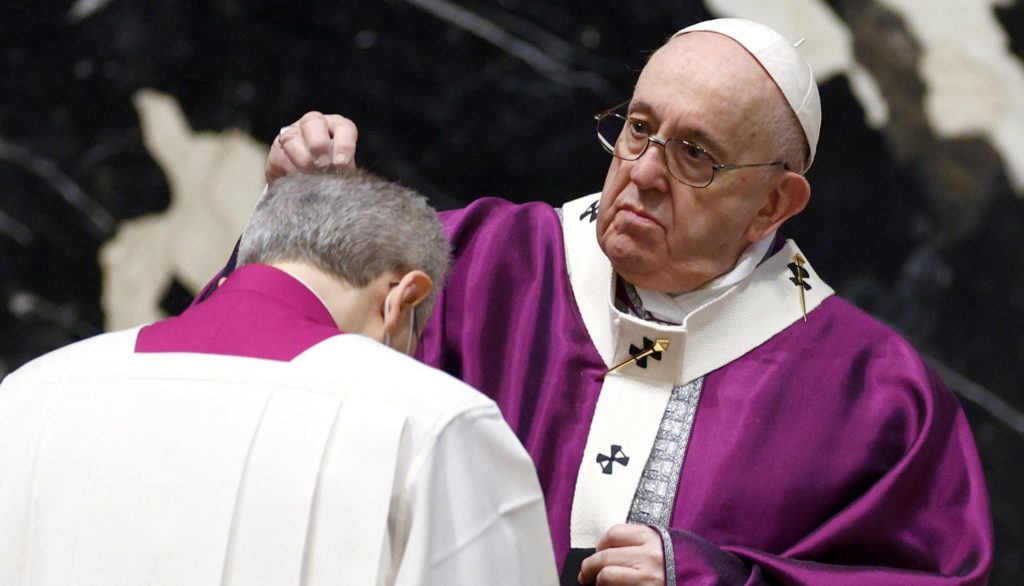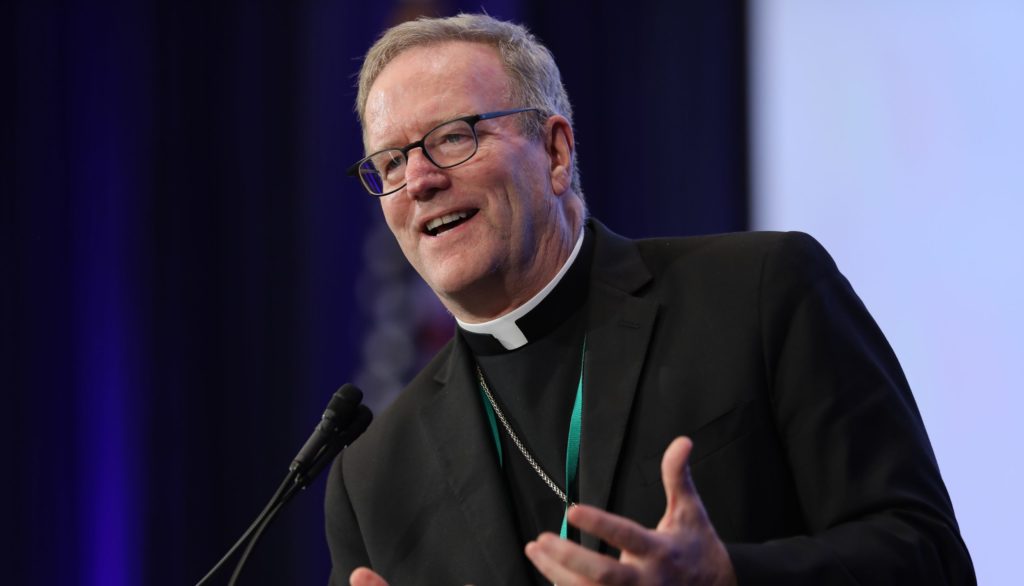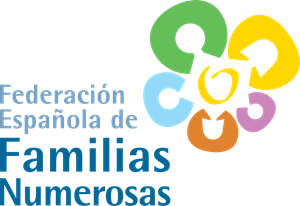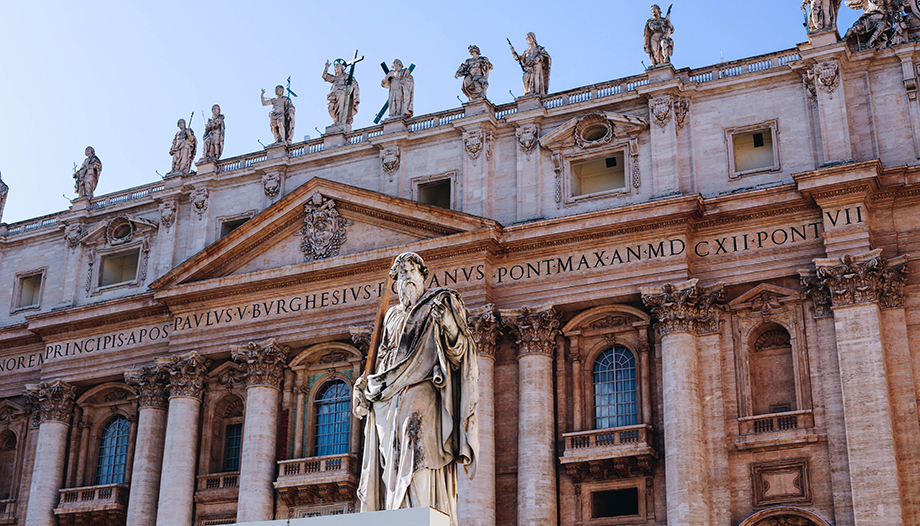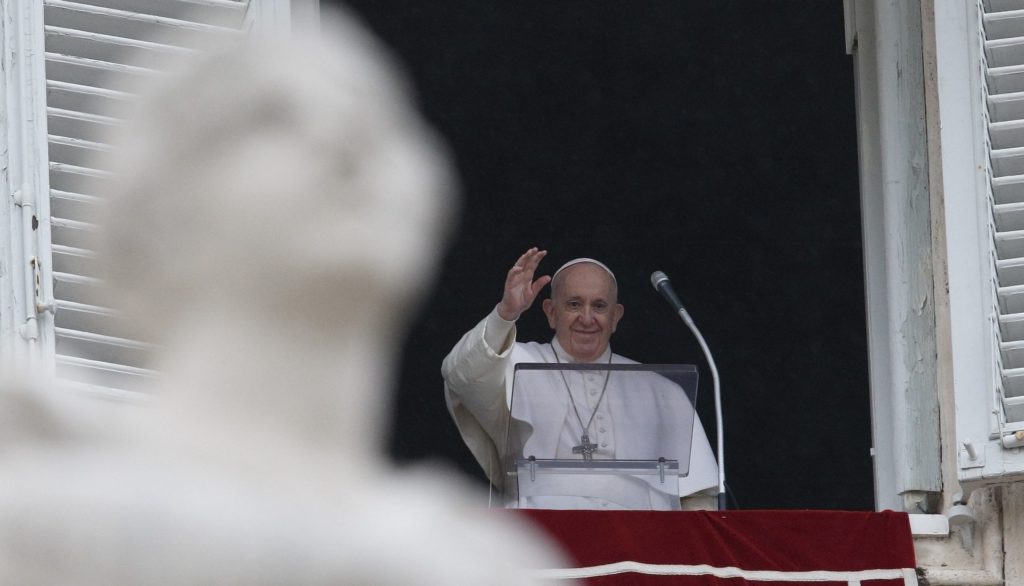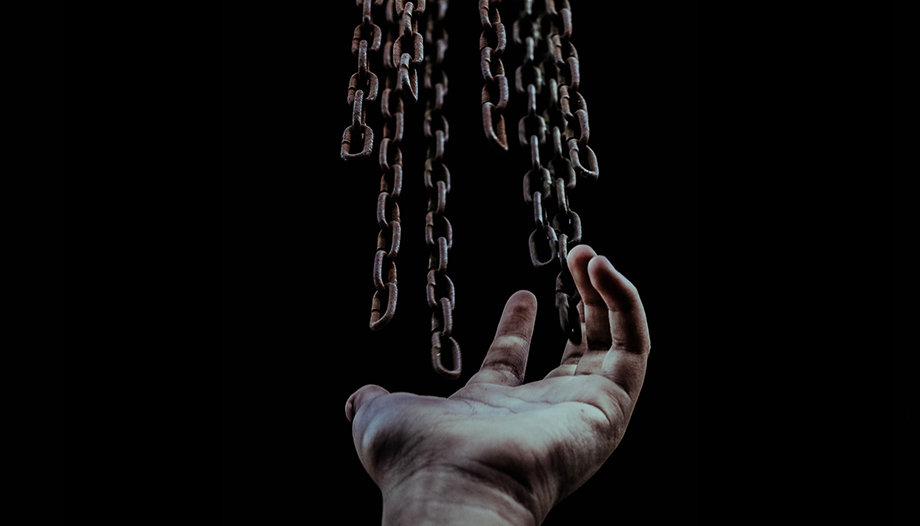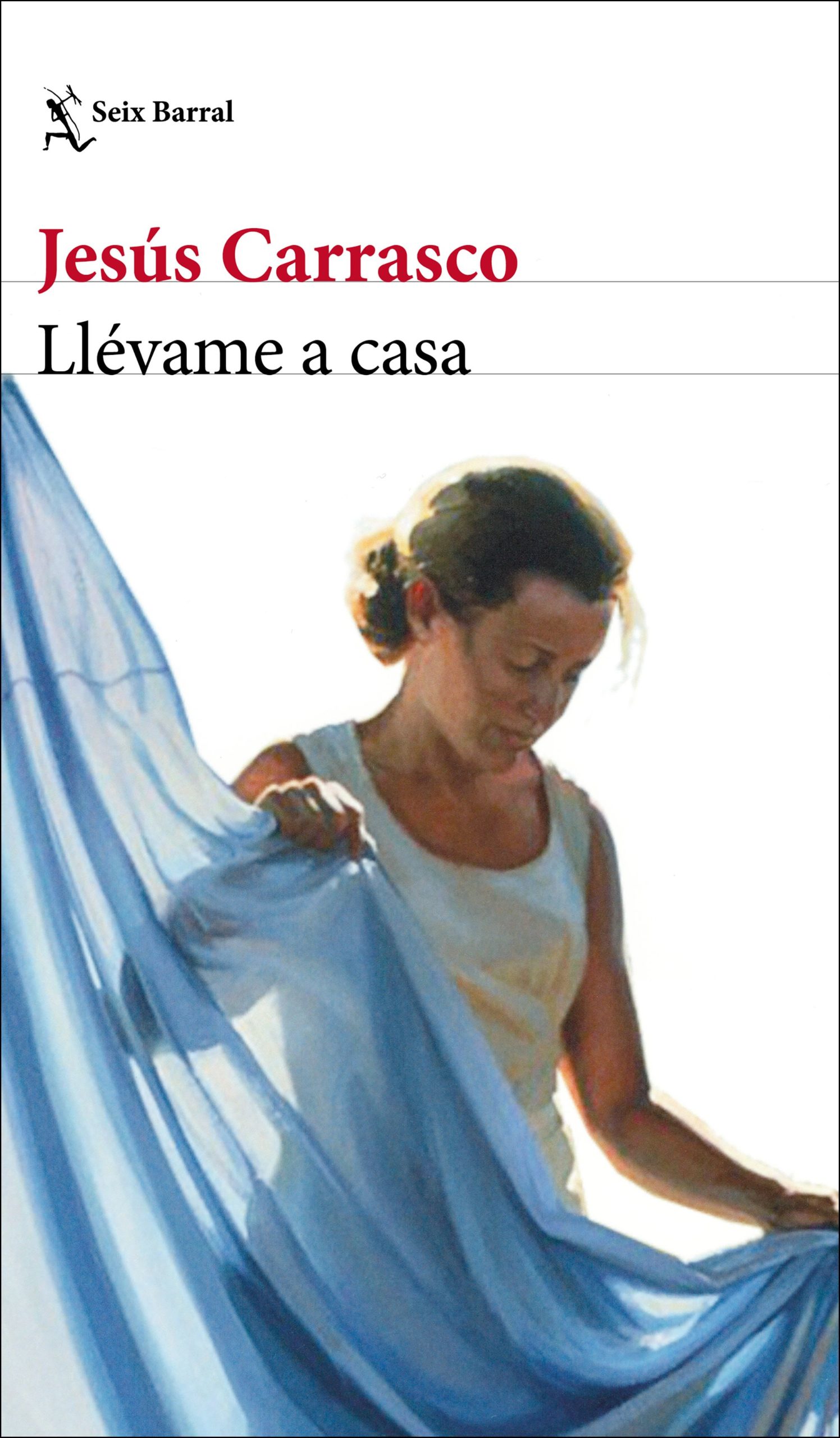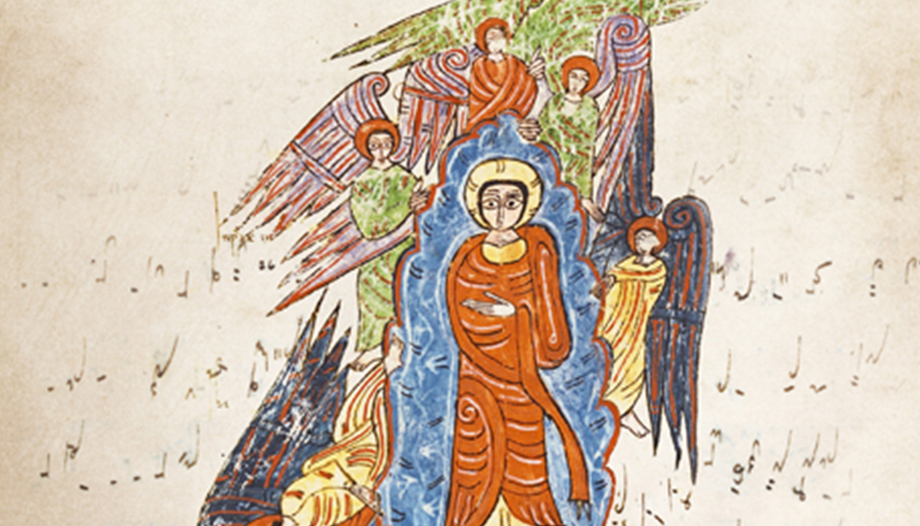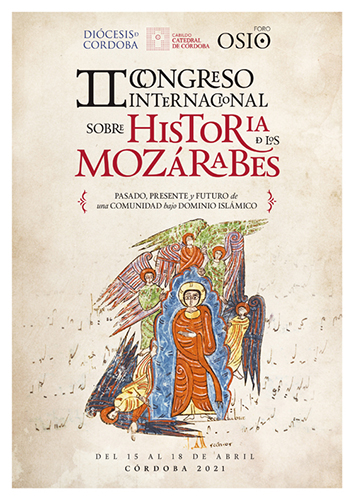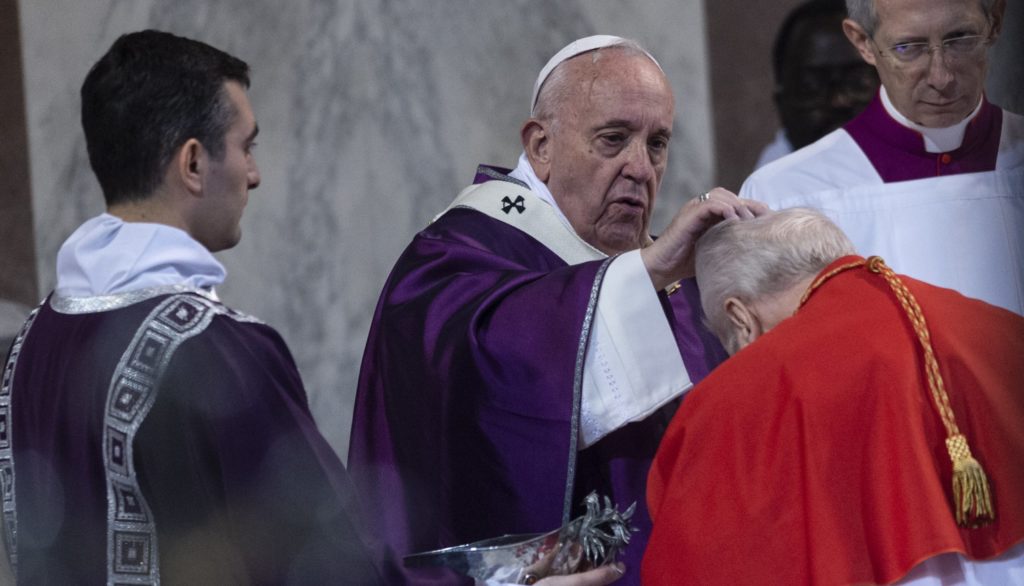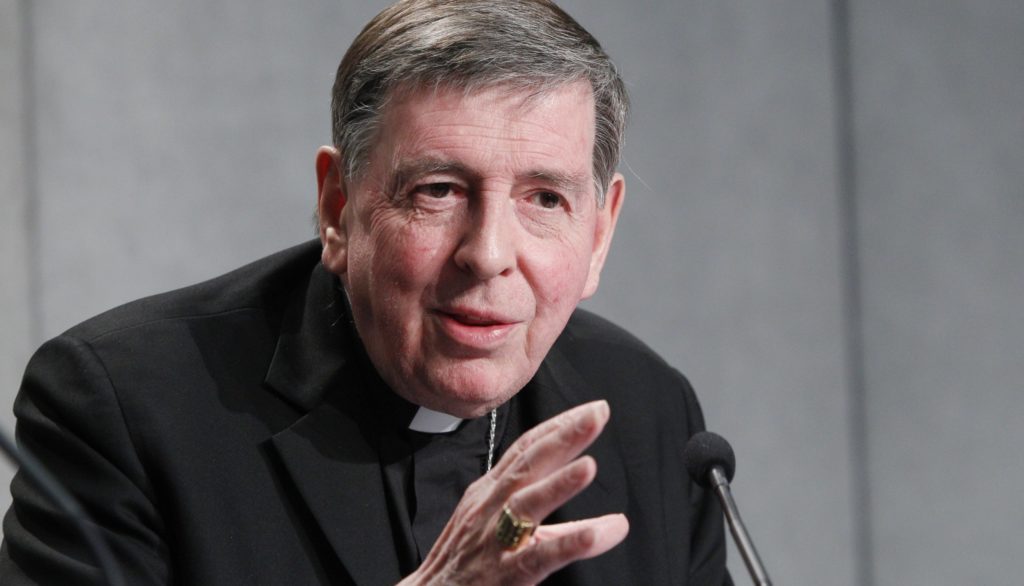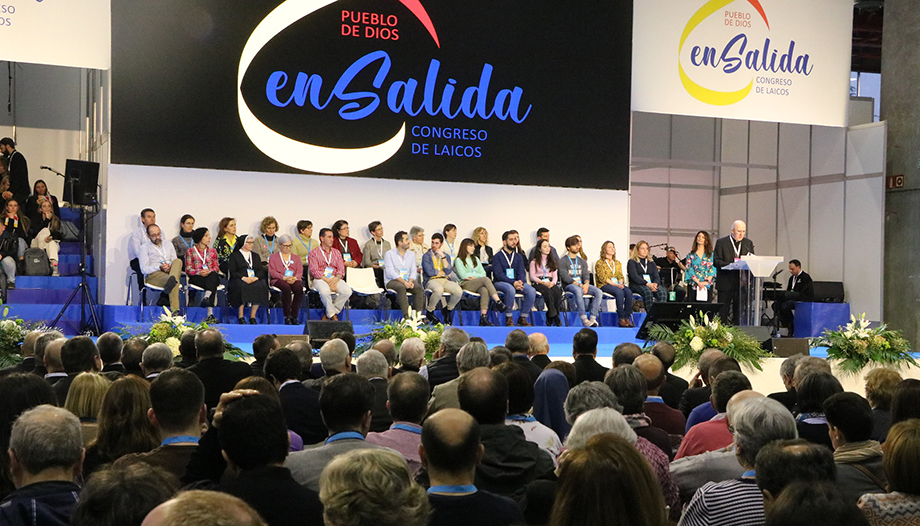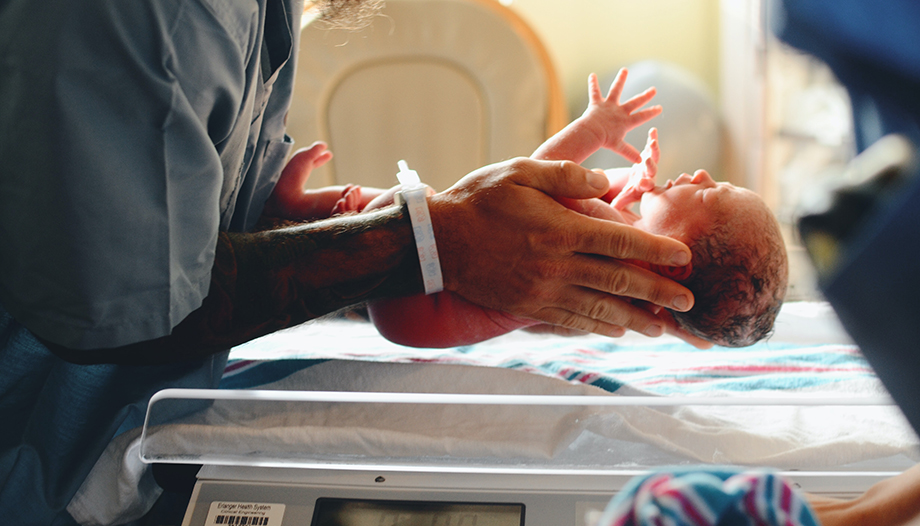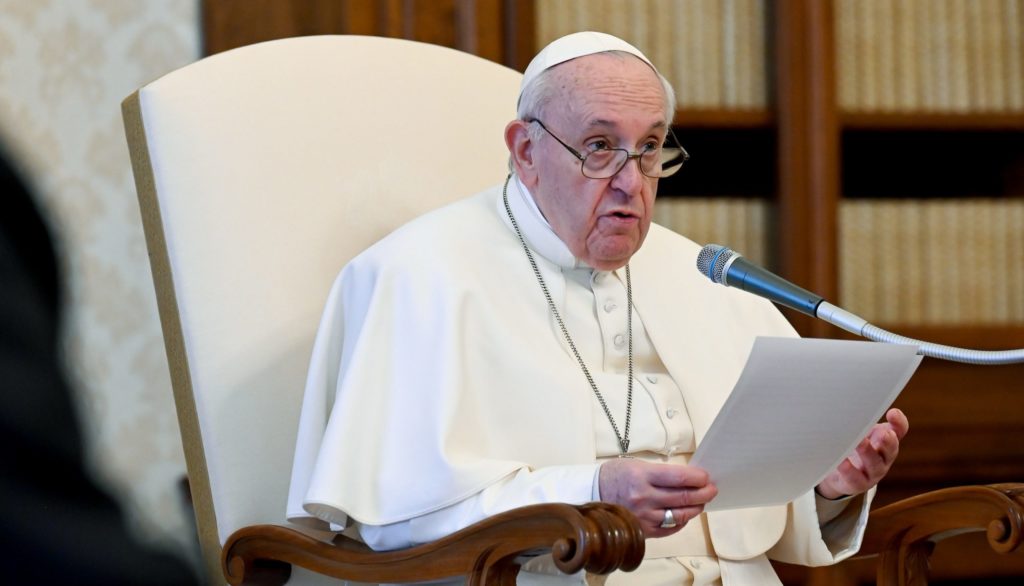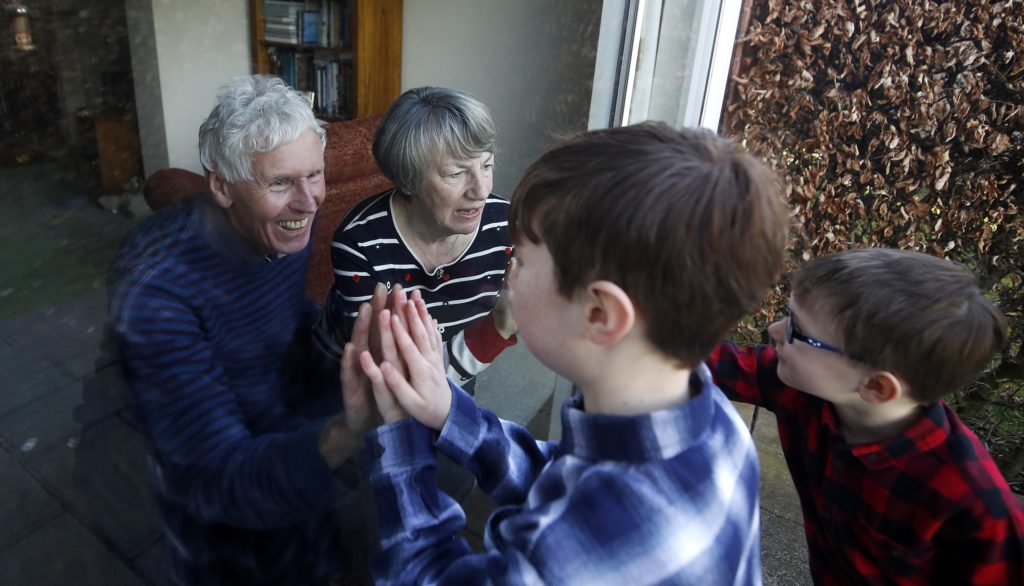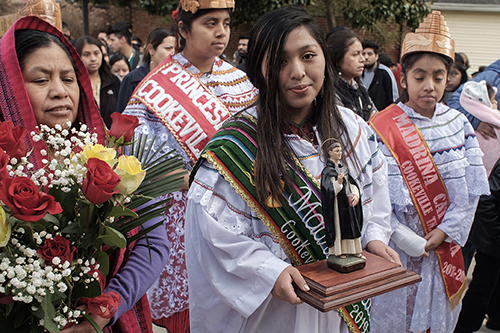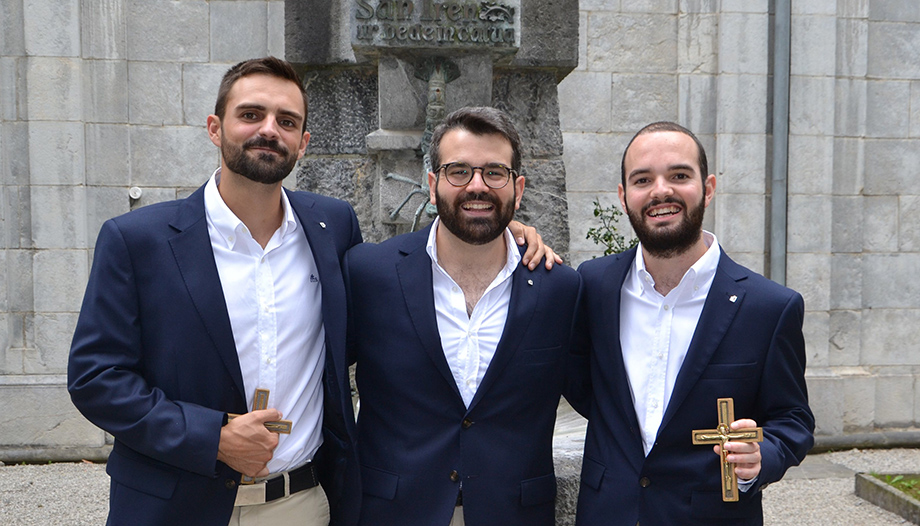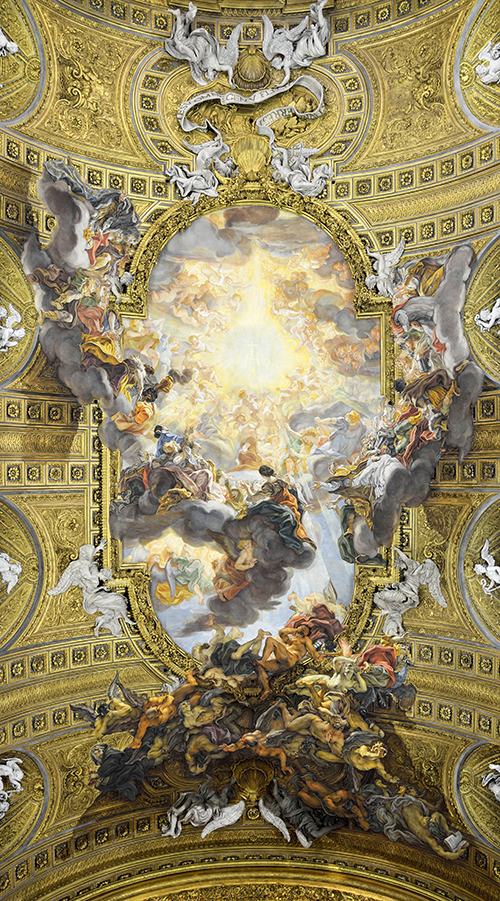The six-page letter, dated February 8, is addressed to Volker Leppin, professor of church history at the University of Tübingen and academic director of the Protestant section of the Ecumenical Study Group of Protestant and Catholic Theologians (OAK).
Kurt Koch underlines the reasons for the Holy See's opposition to the proposal of the document "Together at the Lord's Table", formulated by the study group of Catholics and Protestants, for both to admit each other to the sacrament of the Eucharist since there are no "theological reasons separating" them on this point.
Cardinal Koch's open letter to Professor Leppin
Dear Professor Leppin,
With the interview you gave on February 3, you responded to my brief reaction to the Statement of the Ecumenical Working Group (ÖAK) on the intervention of the Congregation for the Doctrine of the Faith, and expressed the wish that I, for my part, give a "substantive response" on the topic under discussion. This is what I want to do for you with this open letter, also because it offers me the opportunity to clarify some misunderstandings.
First of all, I would like to recall that the immediate occasion for my reaction was that I had been surprised by the timing of the publication of the ÖAK statement. As far as I know, that statement was requested by Bishop Georg Bätzing, President of the German Bishops' Conference, in order to prepare his response to the Congregation for the Doctrine of the Faith. However, I have not yet received an answer to the question why the ÖAK statement was published before the general assembly of the German Bishops' Conference. Quite simply, having received several requests to express my opinion on these processes, I could not remain silent, and as an initial reaction I published a short text with a triple "I can stand it". The brevity of this text has nothing to do with a "refusal to speak", and certainly nothing to do with a "harsh rejection", as you reproached me in your interview. For I did not limit myself to a few statements, but expressed irritation.
But now let us move on to the content. To the "reproach of insufficient substantiation" expressed by me, you replied that "perhaps it would be convenient to go to any Catholic or Protestant community" and "compare what is lived there with the requirements of the office of the Council for Unity in Rome". However, that was not the content of my objection. Because the "office of the Council for Unity" does not claim to know the situation of the individual Protestant and Catholic communities in Germany better than the Ecumenical Working Group.
The "Office of the Council for Unity", however, knows that it is obliged to inform itself and to take note of how the ecumenical partners in Germany understand themselves. That is why I wrote in my reaction that I am surprised by the content of the ÖAK statement: "In it, as already in the VotumThere are certainly many good affirmations, which, however, remain in the purely academic field and have no relation to the concrete ecclesial reality. If they were based on this concrete reality, many affirmations presented as unquestionable consensus would have to be questioned".
My objection points precisely in the direction to which you yourself returned later in the interview, in a way for which I am grateful, by acknowledging that in this process I had relatively early and "quite rightly" pointed out that "on the evangelical side we must ensure that, for example, the leading of the Lord's Supper by ordained persons is guaranteed." And you added that this is one of the points on which justified criticism has driven and can continue to drive our dialogue. It was exactly in this direction that the request contained my reaction, because both in the Votum As in the opinion of the ÖAK, I have to note an important discrepancy between the ecumenical consensus claimed by the ÖAK and the concrete reality in the evangelical churches, and I call this discrepancy unfounded. Welcoming your wish for a "substantive reaction", I am happy to develop my reproach further, and I would like to illustrate this with three prominent examples.
First of all. The Votum "Together at the Lord's Table" is based on the basic conviction, which is also repeated in the "Declaration" of the ÖAK, that after the "basic agreement on baptism" reached in the ecumenical dialogues there also results a "common basic agreement" concerning the Lord's Supper/Eucharist, "which, analogous to the recognition of baptism, allows a mutual recognition of the respective liturgical form of celebration of the Supper and its theological content and justifies a reciprocal invitation". And since it is added that "the text presented here" intends to fulfill this task (2.5), this affirmation of a very close relationship between Baptism and the Eucharist is to be considered as the basic thesis of the whole of this text. Votum.
With great astonishment I read on the official website of the Evangelical Church in Hesse and Nassau the following: "In the congregations of the Evangelical Church in Hesse and Nassau, all who participate in the service are invited to partake of the Lord's Supper. They are welcome to even those who are not baptized or those belonging to another Christian confession who wish to receive the Lord's Supper".
But then, where is the close connection between baptism and the Lord's Supper affirmed by the ÖAK, if even the unbaptized are invited to the Lord's Supper? An even deeper ecumenical problem arises here: if, on the one hand, baptism and the mutual recognition of baptism are the basis of ecumenism and, on the other hand, an ecumenical partner relativizes baptism in such a way that it is no longer even a presupposition for participation in the Supper, it is legitimate to ask who is questioning the foundation of ecumenism here. In my experience, the Evangelical Church of Hessen-Nassau is no exception in this regard. I have chosen it only because it is the Evangelical Church in whose space the Third Ecumenical Day of the Churches will be held.
Secondly. The Votum "Together at the Lord's Table" affirms that an ecumenical consensus has also been reached on the question of ministry, namely that the "ordained ministry, linked to ordination" belongs to the "being of the Church" and "is not due to a delegation of the will of the community, but to the divine mission and institution" (6.2.3). Therefore it is affirmed: "The Lord's Supper/Eucharist is to be celebrated regularly in the Sunday liturgy. The direction of the celebration belongs to an ordained person" (5.4.5).
In response to this statement, the Congregation for the Doctrine of the Faith has pointed out that the consensus referred to by the Votum The ÖAK statement "is not supported by the majority of the EKD member churches", "which consider a Lord's Supper without an ordained representative to be permissible in an emergency". For stating this, the ÖAK statement points to the Congregation for the Doctrine of the Faith with the point that, if the Congregation had looked at "the regulations of the EKD and its member churches," it would not even have raised this objection.
If we follow the invitation of the ÖAK and consult the church regulations, the facts to be found are different. To mention once again as an example the Evangelical Church in Hesse and Nassau, we read in its "Regulations for Church Life" of June 15, 2013: "When Christians in emergency situations wish to receive the Lord's Supper and a pastor cannot be found, any member of the church may administer the Lord's Supper to them. In that case, he should pronounce the words of institution and administer the bread and wine to them." Here exactly what ÖAK denies is affirmed.
It should also be recalled that last year, during the first phase of the corona virus crisis, some District Churches, such as in Württemberg, allowed their members the possibility of a domestic celebration of the Lord's Supper without ordained ministers. This is also the context of the official document of the German Lutheran Bishops "Called according to the order" of 2006, in which it is difficult to determine whether there is only a terminological difference or also a theological difference between ordination and delegation, and whether in addition to the ordained also preachers can be commissioned to lead the Lord's Supper.
That these regulations are no exception is shown by the statement of principle of the Council of the Evangelical Church in Germany, in its document on the commemoration of the Reformation in 2017, about the Reformation leading to a "complete reformulation of the essence of the Church" and in particular that "every Christian may in principle administer the sacraments, i.e. administer baptism and distribute the Lord's Supper.
It is for reasons of order that there are male and female pastors who exercise in a special way the tasks that all Christians have, i.e., as officially qualified and called to perform them" (Justification and Freedom, pp. 90-91). Once again we find that the consensus claimed by ÖAK on the question of ministry does not correspond to the concrete reality of the Church, also and especially with regard to the administration of the Lord's Supper by ordained persons.
Third. The Votum of the ÖAK devotes an entire section to the "Consideration of thanksgiving, anamnesis and epiclesis" (5.5) and affirms as an ecumenical consensus that thanksgiving, anamnesis and epiclesis are "constitutive features of the Supper": "Today the Reformation and the Roman Catholic dogmatic traditions agree that thanksgiving and praise for God's action in Jesus Christ are an important element of the celebration of the Lord's Supper / Eucharist" (5.5.2). And with regard to the invocation of the Holy Spirit, it is stated: "In the prayers of the Lord's Supper of the current evangelical norms the two epiclesis come together, according to the model of the Eastern Churches, after the anamnesis of the Lord's Supper" (5.5.4).
By reading the Votum I was also pleased with this statement. But my joy is clouded again when I look at the specific ecclesiastical reality, and I discover that very often the consensus called for by ÖAK is not to be found. I will not choose just any example here, but will refer to the material for the Sunday of the Ecumenical Church Day on February 7, 2021. In the "Draft based on the Gospel tradition" presented there, we find a poorly theologically developed anamnesis, no trace of an epiclesis and the Holy Spirit is remembered with silence. Nevertheless, it might have been expected that the consensus called for by ÖAK would be reflected in this official draft, published precisely in view of the Third Ecumenical Day of the Churches.
With these examples, which are by no means arbitrarily selected and which could easily be multiplied, I hope I can clarify what I meant when I alluded to the lack of substantiation of the Votum and of ÖAK's position on the ecclesiastical reality in my first reaction to the ÖAK Declaration. But I cannot hide my surprise that such discrepancies between the supposed ecumenical consensus and the factual reality in the Evangelical Churches are not noticed by ÖAK members or at least not minimally mentioned.
I am certainly grateful that an ecumenical working group is investing a lot of energy and commitment in overcoming the issues that have so far divided the church. However, this can only happen in a realistic and responsible way if this work is confronted with the concrete reality in the churches, if the theology and practice of the churches are called upon where necessary, and if a process of reception in the churches is fostered, as happened, for example, before the signing of the Joint Declaration on the Doctrine of Justification in 1999.
It is imperative that this happens if a Votum is accompanied by practical instructions and encouragement to the faithful, as is the case with the Votum of the ÖAK, if it is affirmed that "reciprocal participation in the celebration of the Lord's Supper/Eucharist with respect for the respective liturgical traditions" is "theologically founded", and if this Votum also implies the "recognition of the respective liturgical forms, as well as of the ministries of leadership," "as envisaged by the celebrating community which invites the baptized of other confessions in the name of Jesus Christ to join in the celebration" (8.1).
When an ecumenical working group affirms that a practice is "theologically grounded" in order to encourage believers to this practice, then it is necessary to identify and study the still open and unresolved issues, as shown by the reality of the church, in order to prepare a binding reception among the leaders of the churches and ecclesial communities. In my opinion, it is not possible to encourage a practice and indicate that afterwards one can perhaps continue to work on the open questions.
This would correspond to the procedure of intra-Protestant ecumenism, according to Leuenberg's model, in which a basic coincidence in the understanding of the Gospel is sufficient to establish a community of pulpit and supper between churches of different confessions. For the Catholic Church, on the other hand, Eucharistic communion presupposes communion in the Church, and communion in the Church presupposes communion in faith. Above all, from a Catholic point of view, communion in the Eucharist is only possible if a common Eucharistic faith can be professed.
For this reason I ask you to understand that the Votum The ÖAK's statement took on a different status when Bishop Bätzing, as president of the German Bishops' Conference, endorsed it and used it as the basis for a decision by the German bishops, also with a view to introducing the practice called for by the ÖAK of reciprocal participation in the Catholic Eucharist and the Evangelical Lord's Supper on the Third Ecumenical Day of the Churches. In doing so, the Votum of the Ecumenical Working Group has become an opinion for the use of the German Bishops' Conference, and has been elevated to the level of the magisterium of the bishops.
The time has thus come for the Congregation for the Doctrine of the Faith to pronounce itself. It has done so for the German Bishops' Conference; hence it is clear that you also expect a response from it, but not only to the questions that I have addressed in this letter from a specifically ecumenical perspective, because you are the Scientific Director of ÖAK on the Protestant side and have asked me for a response on the subject.
The intervention of the Congregation for the Doctrine of the Faith, on the other hand, affects many other contents of Catholic doctrine of faith, especially with regard to the conception of the Church, the Eucharist and the ordained ministry, which the Congregation does not find satisfactorily contemplated in the Votum My open letter to you is certainly not the place to address these questions, especially since the Catholic representative of ÖAK's Scientific Directorate should be the first to make a statement.
I hope that you, dear Professor Leppin, will find in the preceding lines, at least in their basic outlines, a "substantive reaction" to the ÖAK Declaration, which I had hoped for on my part. I remain at your disposal, with cordial greetings from the "office of the Council for Unity", for which it is also an important intention to further advance ecumenical reconciliation, in the hope that at least there will be a consensus among us that, also in such difficult but important discussions, neither side should deny the other a serious ecumenical will.
Yours,
Kurt Cardinal Koch





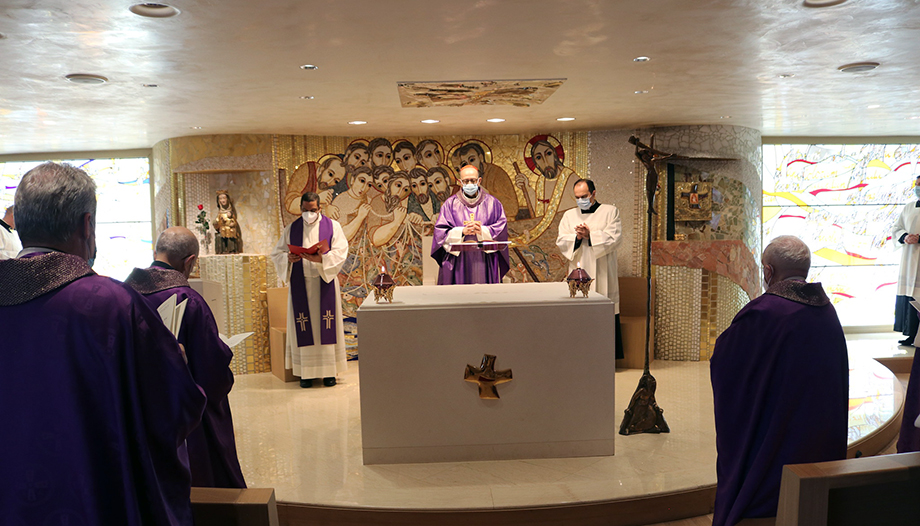






 The light at the end of the tunnel
The light at the end of the tunnel
